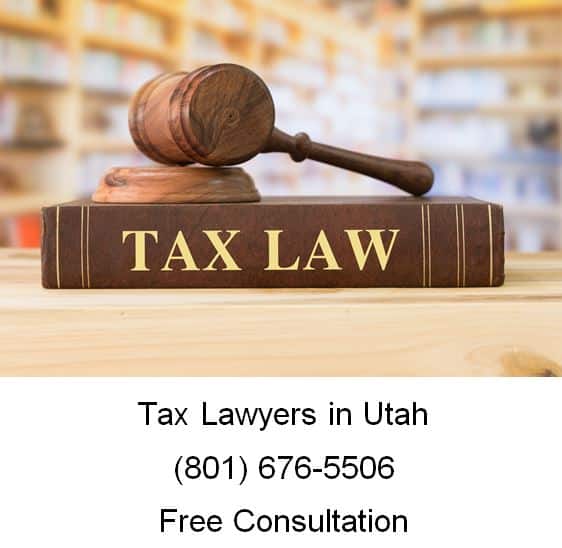
After you send your return to the IRS, you may have some questions. This article discusses concerns you may have about recordkeeping, your refund, and what to do if you move.
Keep Your Tax Records
You must keep records so that you can prepare a complete and accurate income tax return. The law does not require any special form of records. However, you should keep all receipts, canceled checks or other proof of payment, and any other records to support any deductions or credits you claim. You should always keep scanned copies of your taxes. Nowadays, you can do this with very little hard drive space on your computer. In fact, your accountant and lawyer can also keep scanned copies for you.
How Long to Keep Records. You must keep your records for as long as they are important for the federal tax law. Keep records that support an item of income or a deduction appearing on a return until the period of limitations for the return runs out. (A period of limitations is the period of time after which no legal action can be brought.) For assessment of tax you owe, this generally is 3 years from the date you filed the return. For filing a claim for credit or refund, this generally is 3 years from the date you filed the original return, or 2 years from the date you paid the tax, whichever is later. Returns filed before the due date are treated as filed on the due date.
If you did not report income that you should have reported on your return, and it is more than 25% of the income shown on the return, the period of limitations does not run out until 6 years after you filed the return. If a return is false or fraudulent with intent to evade tax, or if no return is filed, an action can generally be brought at any time.
You may need to keep records relating to the basis of property longer than the period of limitations. Keep those records as long as they are important in figuring the basis of the original or replacement property. Generally, this means for as long as you own the property and, after you dispose of it, for the period of limitations that applies to you.
Copies of Returns. You should keep copies of tax returns you have filed and the tax forms package as part of your records. They may be helpful in amending filed returns or preparing future ones. If you need a copy of a prior year tax return, you can get it from the IRS. Use Form 4506, Request for Copy of Tax Return. There is a charge for a copy of a return, which you must pay with Form 4506. It may take up to 60 days to process your request.
When Do You Get Your Tax Refund?
Interest on Refunds. If you are due a refund, you may get interest on it. The interest rates are adjusted quarterly. If the refund is made within 45 days after the due date of your return, no interest will be paid. If you file your return after the due date (including extensions), no interest will be paid if the refund is made within 45 days after the date you filed. If the refund is not made within this 45-day period, interest will be paid from the due date of the return or from the date you filed, whichever is later.
Past-Due Refunds. You can check on the status of your refund if it has been at least 6 weeks from the date you filed your return (3 weeks if you filed electronically). Be sure to have a copy of your tax return available because you will need to know the filing status, the first SSN shown on the return, and the exact whole-dollar amount of the refund.
If you have moved, file your return using your new address.
If you move after you filed your return, you should give the IRS clear and concise written notification of your change of address. Send the notification to the Internal Revenue Service Center serving your old address. You can use Form 8822, Change of Address. If you are expecting a refund, also notify the post office serving your old address. This will help in forwarding your check to your new address (unless you chose direct deposit of your refund). Be sure to include your SSN (and the name and SSN of your spouse, if you filed a joint return) in any correspondence with the IRS.
Tax Lawyer Free Consultation
When you need legal help with your taxes in Utah, please call Ascent Law for your free consultation (801) 676-5506. We want to help you.
8833 S. Redwood Road, Suite C
West Jordan, Utah
84088 United States
Telephone: (801) 676-5506
Recent Posts
Successful Child Custody Mediation
3 Laws Business Owners Need to Know


